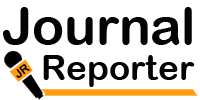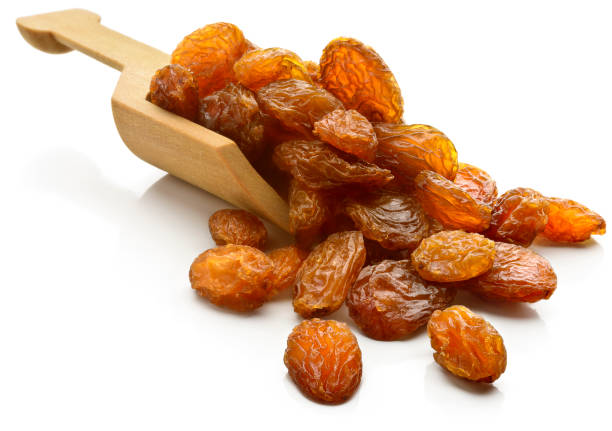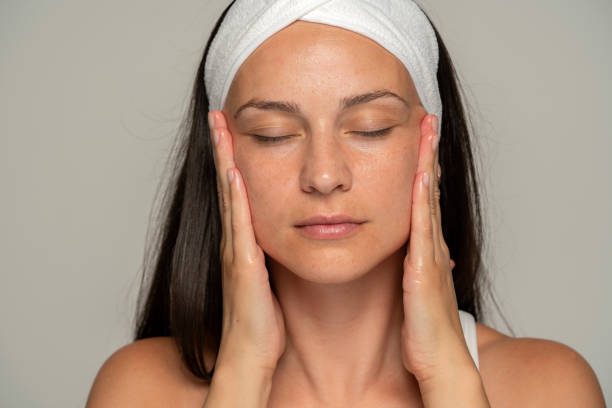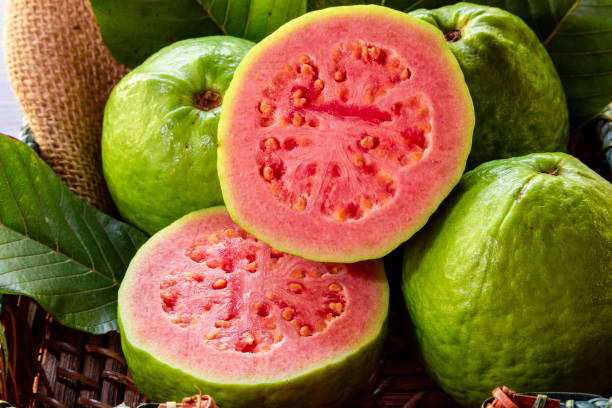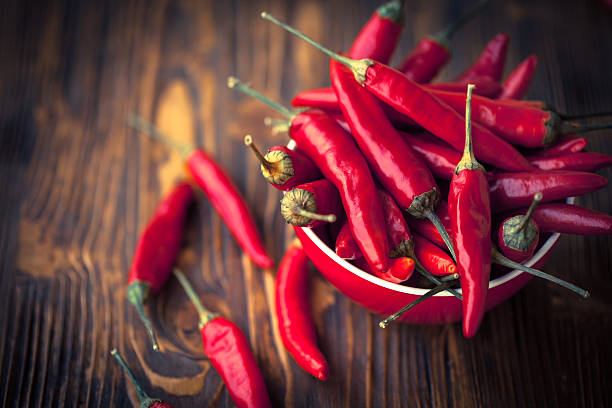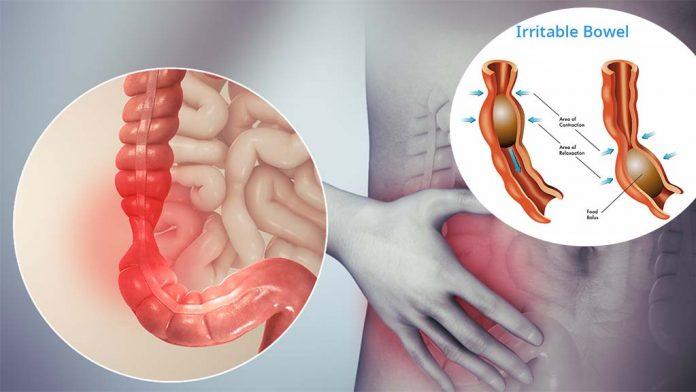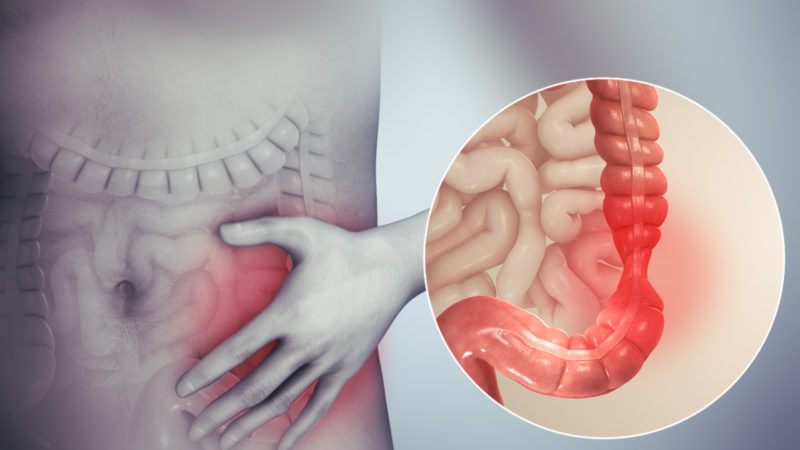Everything About High Blood Pressure Symptoms And Prevention
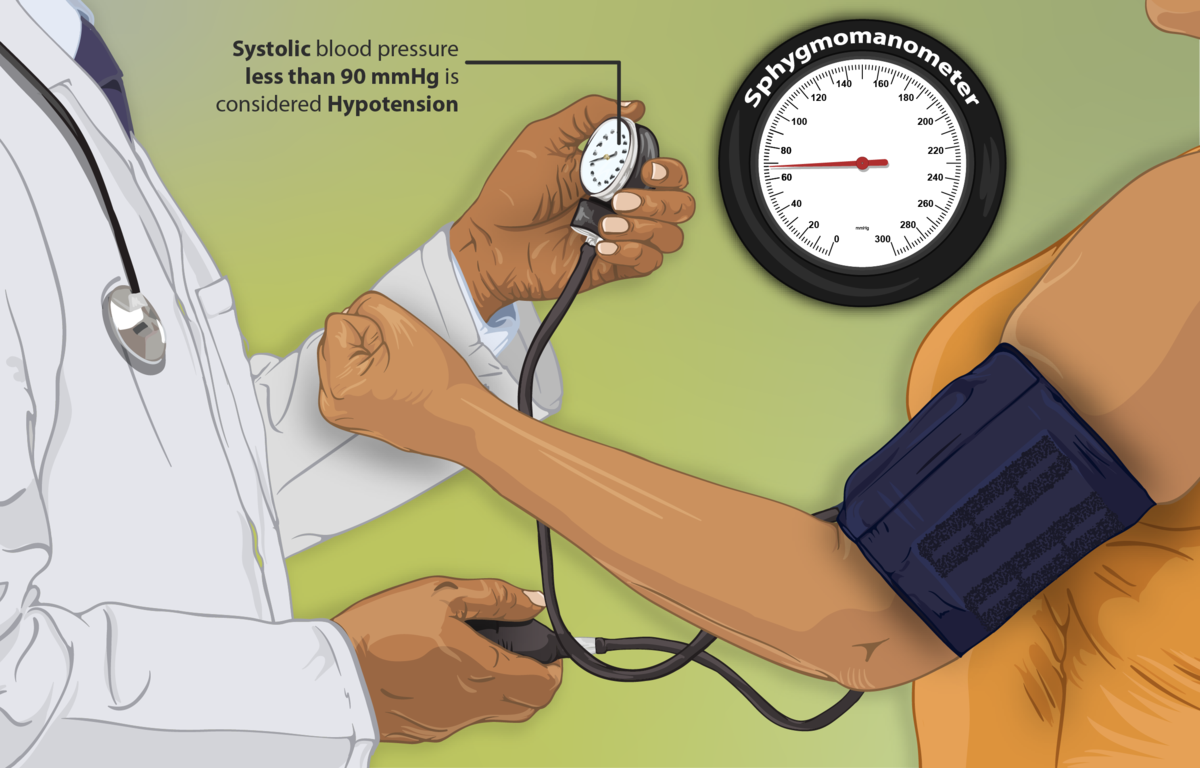
High blood pressure can cause severe damage to the blood vessels. This damage can result in a series of illnesses, some of which can be life-threatening. It includes vision loss, heart failure, kidney disease, stroke, and other health problems. So in this article, we will tell you what is high blood pressure, and what are high blood pressure symptoms?
Blood pressure is determined both by the amount of resistance to flow in the arteries and the amount of blood your heart pumps. The more blood the heart pumps, the narrower your arteries become, the higher your blood pressure goes.
High blood pressure or we say hypertension, can impact you for years without any high blood pressure symptoms. Even without indications, damage to the heart and your blood pressure increases the risk of severe health problems, including stroke and heart attack.
What is High Blood Pressure?
The heart is a muscular organ that pumps blood throughout the body. The blood travels throughout the body and delivers oxygen to the vital organs.
Narrow arteries increase resistance. The narrower the arteries are, the higher the blood pressure will be. In the long term, higher pressure can cause health issues like heart disease.
High blood pressure is quite common. As a matter of fact, the new guidelines have shown that nearly half of the US adults are diagnosed with high blood pressure or hypertension (Source).
High blood pressure basically develops over the course of many years. Generally, you do not notice any high blood pressure symptoms. Even without any symptoms, hypertension can damage the organs and blood vessels, especially the heart, brain, kidney, and eyes.
Early detection is very important. Frequent blood pressure check ups can help your doctor, and you notice any variations. If the blood pressure is raised, then your doctor might check the blood pressure for a few weeks to check if the pressure stays high or falls back to the normal levels.
High Blood Pressure Symptoms
People with high blood pressure have no symptoms or signs, even if the reading reaches a very high level.
Some people with high blood pressure might have headaches, nosebleeds, or breath shortness. However, these high blood pressure symptoms are not specific and typically do not occur until the blood pressure has reached a life-threatening or severe stage.
When To See A Doctor
You will likely have the blood pressure taken as a part of a regular doctor’s appointment.
Ask the doctor for the blood pressure reading every two years starting from the age of 18. However, if the age is 40 or older, or if you’re between 18 to 39 with a great risk of high blood pressure, then consult your doctor to check the readings every year.
The doctor will likely recommend regular readings if you have been diagnosed with high blood pressure or other risk factors related to blood pressure.
Signs Of High Blood Pressure
There are two types of high blood pressure (Source):-
- Primary Hypertension: For many adults, there is no noticeable cause of high blood pressure. This type of blood pressure tends to grow steadily over many years.
- Secondary Hypertension: Some adults have high blood pressure caused by an underlying condition. It leads to appearance quickly and causes higher blood pressure than primary hypertension does. Several medications and conditions that can point to secondary hypertension symptoms which include:
- Kidney Problems
- Obstructive sleep apnea
- Thyroid problems
- Certain defects like congenital in blood vessels
- Adrenal Gland Tumors
- Illegal drugs like amphetamines and cocaine
- Certain medications like cold remedies, birth pills, pain relievers, decongestants, and some prescribed drugs
Risk Factors of High Blood Pressure
There are many high-risk factors for high blood pressure that includes (Source):-
- Age – The risk of hypertension rises as you age. At about the age of 64, high blood pressure is more common in men, and women are more prone to develop high blood pressure at the age of 65.
- Family History – Hypertension tends to run in families.
- Race – Hypertension is particularly common with people of African heritage. High blood pressure often develops at an early age. Severe complications like heart attack, kidney failure, and stroke.
- Being obese or overweight – The more weight gains, the more blood you need to supply the nutrients and oxygen to the tissues. As the blood circulating through the blood vessels increases.
- Not being physically active – People without any regular physical activity manage to have higher heart rates. The higher the heart rate, the tougher your heart works with shrinkage, and the stronger the force on the arteries.
- Too much salt in the diet – High sodium in the diet can cause the body to maintain fluid, which raises blood pressure.
- Too little potassium in the diet – It helps to balance the amount of sodium in the cells. If you do not get enough potassium in your meal or maintain enough potassium, you might accumulate an excess of sodium in the blood.
- Stress – Tension can lead to a temporary rise in blood pressure. If you try to relax by drinking alcohol or using tobacco, you might only increase the problems with high blood pressure.
- Certain chronic conditions – Chronic conditions might increase the risk of high blood pressure like diabetes, sleep apnea, and kidney disease.
Complications
The extreme pressure on the artery walls caused by high blood pressure can damage the organs as well as blood vessels. The higher the blood pressure and the longer it goes uncontrolled, the greater the damage.
High blood pressure can lead to complications, including:
- Heart stroke or attack – High blood pressure can cause the thickening and hardening of the arteries, which can begin to heart stroke, attack, or other complications.
- Aneurysm – Increased in blood pressure can cause the blood vessels to weaken and bulge, developing the aneurysm. If the aneurysm ruptures, then it can be life-threatening.
- Heart failure – The heart has to work hard to pump the blood against the higher pressure in the vessels. This causes the walls of your heart’s pumping chamber to thicken. Eventually, the thickened muscle might have a difficult time to pump enough blood to meet body needs, which can point to heart failure.
- Narrowed and weakened blood vessels in the kidney – It can prevent these organs from functioning normally.
- Narrowed, thickened, or torn blood vessels in the eyes – It can result in vision loss.
- Trouble with understanding or memory – Uncontrolled high-pressure might also affect the ability to think, learn, and remember. The trouble with understanding or memory thoughts is more common with high blood pressure in people.
- Dementia – Blocked and narrowed arteries can slow the blood flow to the brain, it leads to a certain type of dementia. It is a stroke that interrupts the blood flow to the brain that can also cause vascular dementia.
Medications
Common drugs for treating high blood pressure that includes:
- Angiotensin-converting enzyme (ACE) inhibitors
The ACE inhibitor that blocks the movement of some hormones that control blood pressure, like angiotensin II. It causes the arteries to tighten and raises the blood volume, resulting in raised blood pressure.
Angiotensin-converting enzyme inhibitors can decrease the blood supply to the kidneys, causing them to be less effective. So it is important for people taking ACE inhibitors to have frequent blood tests.
Do not use ACE inhibitors if they:
- Pregnancy period
- Having a condition that affects the blood supply to the kidneys
Angiotensin-converting enzyme inhibitors might cause the following side effects that are normally resolved after a couple of days:
- Dizziness
- Dry cough
- Headaches
- Weakness
- Fatigue
If the side effects are too unpleasant or persistent to handle, then the doctor might be prescribing you an angiotensin II receptor antagonist instead.
These alternative medicines may often cause some side effects, but they might include headaches, dizziness, and high potassium levels in the blood.
- Calcium channel blockers
This medicine helps to reduce the calcium levels in your blood vessels. It will ease the vascular smooth muscle, making the arteries to stretch, the muscle contract less forcibly, and blood pressure to slow down.
Calcium channel blockers might not always be right for people with records of liver disease, heart disease, or circulation problems. The doctor can recommend taking this medicine and which type of CCB is safe to use.
The following side effects might happen, but they generally resolve after some days:
- Redness on the skin, usually on the neck or cheeks
- Headaches
- Swollen feet and ankles
- Dizziness
- Fatigue
- Skin rash
- Swollen abdomen, in rare cases
- Thiazide diuretics
It helps the kidneys to get rid of water and sodium. This reduces blood pressure and volume.
The following side effects can occur, and some of them may persist:
- Impaired glucose tolerance
- Low blood potassium that can affect your kidney and heart function
- Erectile dysfunction
- Beta-blockers
Beta-blockers or beta-adrenergic were once famous for treating high blood pressure, but the doctors only prescribe them when other medications have not been successful.
It also slows the heart rate and decreases the strength of the heartbeat, causing lower blood pressure.
There are some side effects that might include:
- Fatigue
- Cold feet and hands
- Slow heartbeat
- Nausea
- Diarrhea
Some less common side effects are:
- Nightmares
- Disturbed sleep
- Erectile dysfunction
Diet
Maintaining a diet can be a useful way of both treating and preventing high blood pressure.
Plant-based foods
A balanced, healthy diet involves lots of vegetables and fruits, omega and vegetable oils, unrefined carbohydrates, like whole grains. Many people add animal products to their diet, which is not good for high blood pressure. They should cut all the fat off and do not use processed meats. You can also add Indian gooseberry to your diet as it helps in reducing blood pressure.
Lowering salt intake
Specialists suggest reducing salt intake and raising potassium consumption to prevent or maintain high blood pressure. Restricting salt consumption to less than 5–6 grams per day could help to increase cardiovascular health and lower the systolic blood pressure by 5.6 mm Hg in adults with high blood pressure.
Healthful fats
In balance, plant sources of fats like nuts, avocados, omega oils, and olive oil can be healthful. People should restrain their consumption of trans fats and saturated fats, which is common in processed and animal-sourced foods.
READ MORE: How to Stop a Panic Attack? – Causes and Symptoms
Final World
The best way to prevent high blood pressure is to catch early signs. You can consult the doctor for high blood pressure for a checkup, or the doctor might ask you to purchase the blood pressure cuff and take the readings at home. You can also opt for wearing best smart watch to monitor your blood pressure.
As we have mentioned, high blood pressure symptoms above, which can help you to show early signs. Keep the log of the blood pressure readings and take the regular doctor’s appointment. If you find this information useful, drop a comment below this section.
